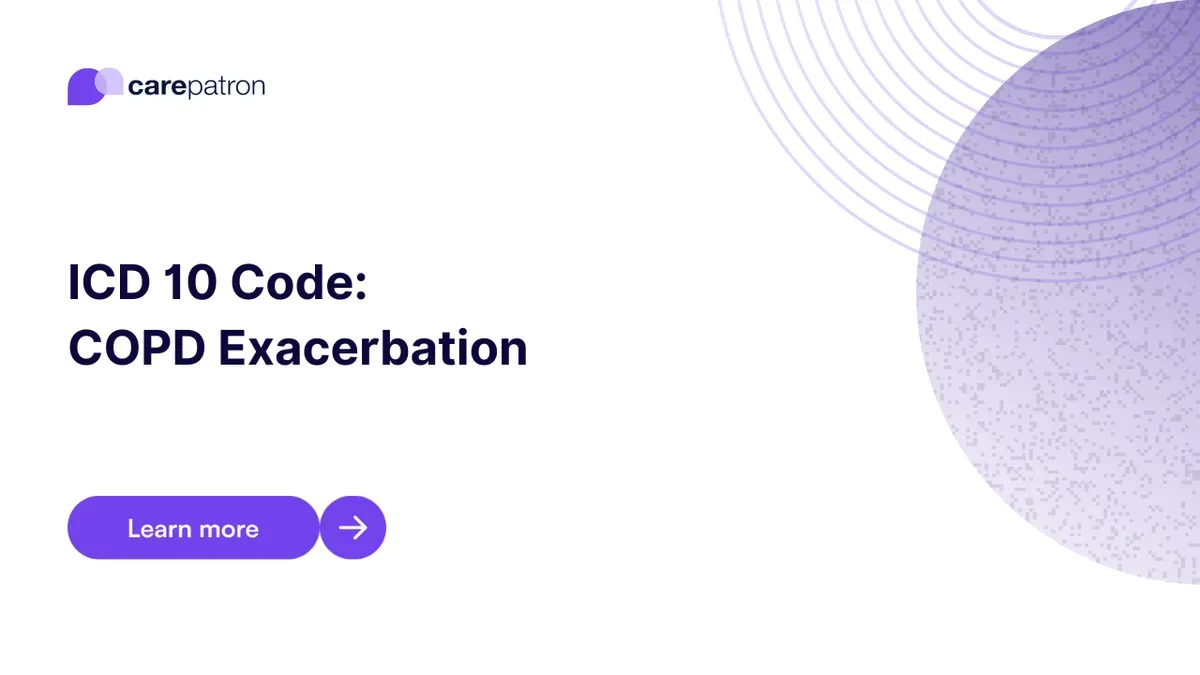
COPD Exacerbation ICD-10-CM Codes
Dive into the comprehensive guide on COPD Exacerbation ICD codes for 2023. Understand the codes, their billability, and clinical relevance in detail.
Use Code
Commonly asked questions
Triggers can include infections, exposure to pollutants, or even weather changes. Avoiding triggers and adhering to treatment can reduce the risk.
Treatment involves medications like bronchodilators and steroids, oxygen therapy, and, in severe cases, hospitalization.
While not all exacerbations can be prevented, avoiding triggers, following treatment plans, and getting vaccinated can reduce the risk.
EHR and practice management software
Get started for free
*No credit card required
Free
$0/usd
Unlimited clients
Telehealth
1GB of storage
Client portal text
Automated billing and online payments
